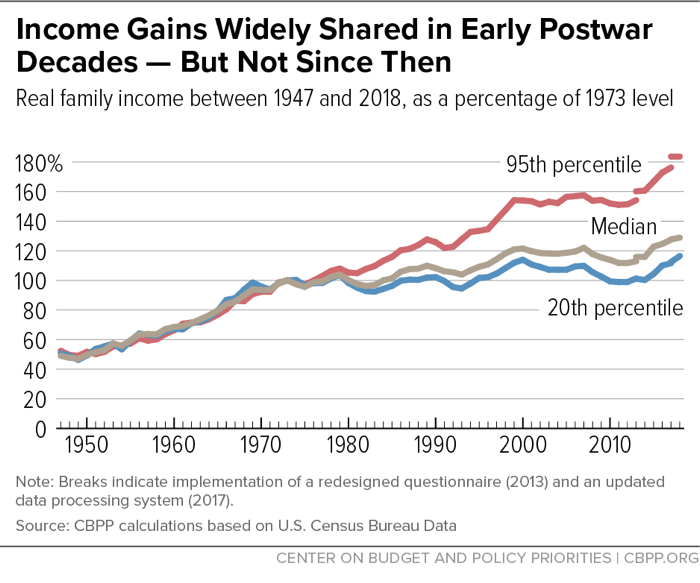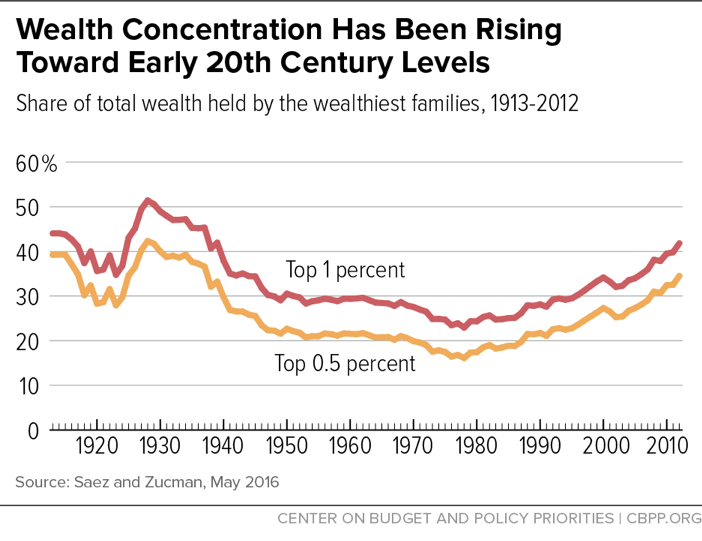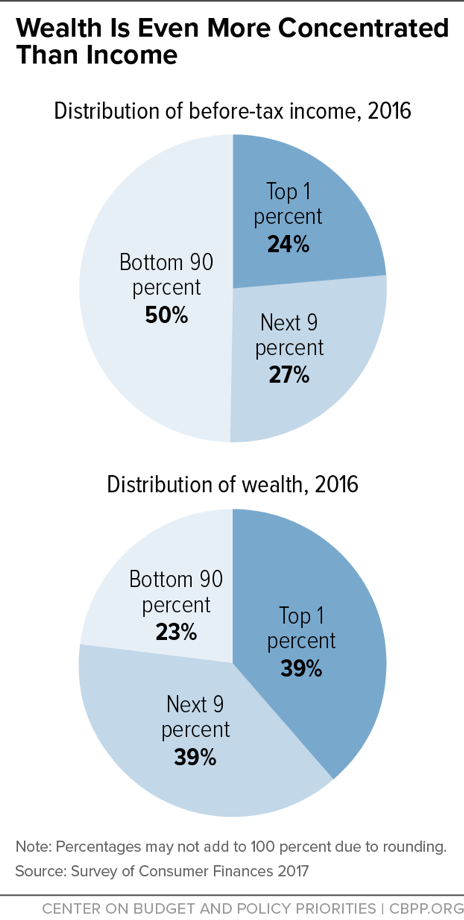This stuff is a lot more nuanced than tax and spend versus income inequality. The problem in a free society is using tax policy to achieve what we think is good often creates distortions, that can in the aggregate, can also create wealth inequalities. Wags, Dajo, you and others all make some valid points, and I agree, good for Wags to get our intellectual juices moving.Big C said:wifeisafurd said:Loopholes is such an interesting term. I'm going to admit there are often unintended loopholes, created by shortcomings in legislation that were not obvious when drafted, that people like me have used to structure transactions or tell clients what to do. Eliminate them, sure, but I'm not sure that gets you much traction.dajo9 said:Big C said:bearister said:Big C said:
Maybe some wealthy people pay a lot of taxes, while others are largely able to avoid them. If so, this should be addressed.
But when I take a bird's-eye view of American society today, one of the last improvement ideas that would occur to me is to make an adjustment that would allow wealthy people to be even wealthier.
Which one are you, Big C?
LOL, I am actually a confirmed capitalist. Regulated capitalism. I am in favor of Americans becoming wealthy! And as they do (and forever after), they should pay their fair share in taxes, since they are able to live in a country that has the infrastructure in which people can become wealthy. The tricky and controversial part is defining what constitutes "fair".
I have a feeling that, with some help from the numbers crunchers, I could devise a system in which all Americans paid somewhere between 5-49% of their income in taxes (federal + state!) and we would still have more tax revenue than we do now. Something to do with closing loopholes.
I agree with everything here though I'd add that probably 99% of income earning Americans already pay 5% - 49% of their income in taxes.
Then you get to the tough stuff, impacting pubic policy. One man's tax loophole is another man's stimulus. Tax loopholes are one of the great mysteries of modern politics that everyone thinks are bad, but never disappear.
Is allowing a federal tax deduction for state and local taxes a bad loophole (be careful how you answer with this crowd including me) ?
Is allowing loopholes like deductions or credits for alternative to fossil fuels bad? Are you willing to end domestic manufacturing tax breaks, low-income housing credits, and ethanol subsidies? The list that Congress has and will come up with is endless.
The single largest "loophole," according to Treasury data, involves multinational corporations. These companies can defer taxes on some foreign income by deferring dividend payments. And a crusading Democratic President supposedly was going to eliminate the deduction until he got a call from a certain group of donors.
The second largest loophole is the depriving the U.S. Treasury of over $100 billion in revenue over the next five years, is even more untouchable: tax-free interest on municipal bonds. You want to have a discussion on that one with Chancellor Christ?
Largest loophole number 3 is a manufacturing and extraction subsidy, called the Domestic Production Activities Deduction. So what is your response to domestic organized labor unions on this one?
Is manipulating the tax code in order to shape the economy really that bad? We don't live in an authoritarian country where some bureaucrats just tells people how they must act. We induce them. Maybe if I call it regulation, you will like it better?
,
Very true. I agree and appreciate you sharing your expertise. "Just close all the loopholes!" is a cliche. One which I just used, somewhat cavalierly.
Thought provoking thread, DiabloWags! The nuances of this topic are quite debatable.
I know my first sentence all sounds really heavy, but as you can see while I can wax some about the state of affairs, I struggle to come up with solutions. Flat taxes on luxury items is pretty weak stuff, truth be told.







